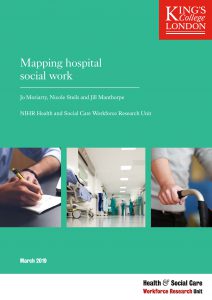Caroline Norrie, Katharine Orellana and Laura Cole report from BSG 2019. (725 words)
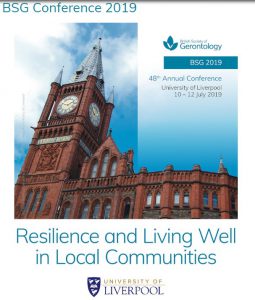 HSCWRU researchers enjoyed two and a half days of stimulating presentations, symposia and keynote speeches at the British Society of Gerontology’s (BSG) 2019 Annual Conference held this year in Liverpool. The 48th BSG annual conference was entitled Resilience and Living Well in Local Communities and took place from 10 to 12th July at the University of Liverpool.
HSCWRU researchers enjoyed two and a half days of stimulating presentations, symposia and keynote speeches at the British Society of Gerontology’s (BSG) 2019 Annual Conference held this year in Liverpool. The 48th BSG annual conference was entitled Resilience and Living Well in Local Communities and took place from 10 to 12th July at the University of Liverpool.
Keynote speakers presented on each day. Professor Gill Windle from Bangor University kicked off the conference with a discussion about resilience in later life – and the uses and abuses of this myth/metaphor/or measure. Professor Frank Oswald from Goethe University in Germany discussed environmental gerontological perspectives and the types of research studies that arise from these approaches. Professor Chris Todd, joint lead of the NIHR Policy Research Unit – Older People and Frailty, discussed his aim of using an ‘equality lens’ in the setting up and undertaking of work in this recently formed team together with Newcastle University and the London School of Economics. Continue reading

 Care Workforce Research Unit (HSCWRU), King’s College London. John reports from a Health Services and Delivery Research (HS&DR) Programme seminar, 15 May, which he attended on behalf of HSCWRU. (463 words)
Care Workforce Research Unit (HSCWRU), King’s College London. John reports from a Health Services and Delivery Research (HS&DR) Programme seminar, 15 May, which he attended on behalf of HSCWRU. (463 words)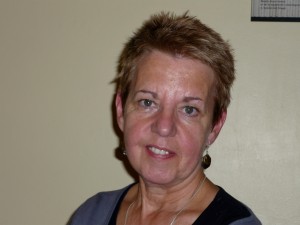
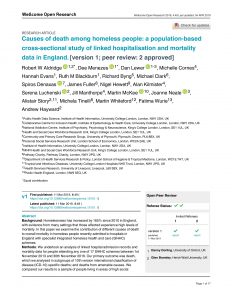

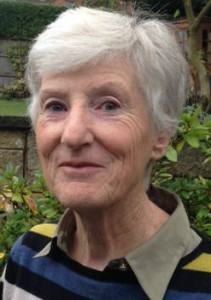 Visiting Research Fellow at the NIHR Health and Social Care Workforce Research Unit,
Visiting Research Fellow at the NIHR Health and Social Care Workforce Research Unit, 